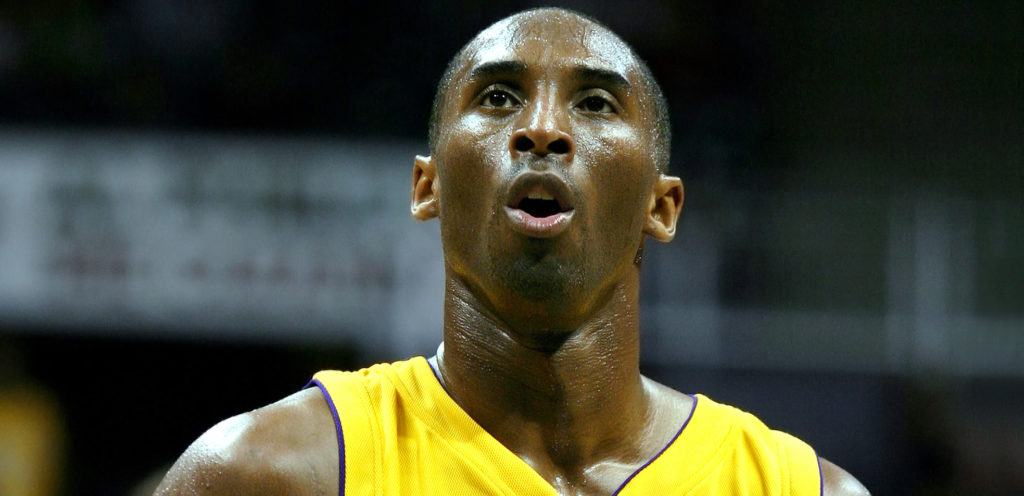Media
Kobe Bryant, social media and newsroom culture

At this point, there’s not that much more to be said on the topic, but I figured I’d share a few of the things that struck me about the coverage and the aftermath.
First, the story was broken by the Los Angeles Times, in part, because its crime reporter Richard Winton was at the right place at the right time: he lives in Calabasas, near where the crash happened, and literally heard the helicopter go down. Winton is a tremendous reporter in a number of ways, but it demonstrated how important it is to be ready at all times for the big story. To my students: Keep a notebook handy and your phone charged at all times! You just never know.
Small plane crash on Las Virgenes on the mountains, which are fogged in right now. I heard the plane splutter and then a boom.
— Richard Winton (@LAcrimes) January 26, 2020
Newsgathering, publication and not looking like a ghoul
Second, a couple days after the crash a number of my students asked me how TMZ got the information before anyone else. My answer: They cheated. Instead of doing what ethical journalists are supposed to do — wait until the police have notified the next of kin — TMZ ran a piece with their own sources. Their desire to be first overcame any instinct to be compassionate to the family and friends of Bryant and the other passengers. It was wrong, and they should be ashamed.
Unfortunately, partly because of the current political culture — in no small way exemplified by the Twitter account of Donald Trump — shame, contrition and restraint are in incredibly short supply. Because of this, I find it unlikely TMZ will suffer much in the court of public opinion. But journalists as a whole will suffer, lumped in with the Harvey Levin-led band of ghouls. To them I say: thanks, jerks.
(Levin, in the New York Post linked story above, claims he had permission from “Kobe’s people” to post the story. When asked about the fact other people died besides Bryant, he acknowledged “That’s a fair point.” Sigh.)
This is not to say that other media outlets didn’t work to find out who, exactly, had died before any official announcement came out. But there is a distinct difference between news gathering and publication. Journalists often know much more than they report on, editing it out for a variety of reasons. Unsourced rumor, speculation, or wanton cruelty sometimes has to be talked about with sources before publication, but it should never go in the final report.
I’m happy to see that the Society of Professional Journalists put out a statement condemning their actions. However again, if TMZ’s business model is based on shamelessness, it’s hard to see how it will matter.
Journalists in the information wars
And third, I had to take a bit of time to digest the fracas regarding Washington Post reporter Felicia Sonmez, who was (briefly) suspended for Tweetingout a story after Bryant’s death that touched upon one of the more disturbing parts of the NBA star’s legacy. That is, that he was accused of raping a Colorado woman in 2004. Criminal charges were dropped and a civil suit was settled out of court, but many people (myself included) believe that he got away with it, and that this was one more example of the justice system working differently for the rich and famous than the rest of us.
Why was Sommez suspended? According to the Post brass: “The tweets displayed poor judgment that undermined the work of her colleagues.” That was not the extent of the backlash either: She received death threats and had to stay in a hotel for (again, sigh) pointing out the truth to a world that often would like to remain ignorant of the shadows that infect even our brightest lights. In response, she Tweeted out copies of this missives — including their email addresses — in an odd twist on the doxxing phenomena.
Post editors changed their minds Tuesday, in the face of protests from said colleagues, scores of journalists and the SPJ. And, on its face, it does seem a bit odd. Sommez was disciplined for stating something that had, repeatedly, been discussed in the Post itself?
Making sense of this is an excellent column by Charlie Warzel in the New York Times, discussing the push and pull of journalists online. Specifically, journalists — younger ones especially — are expected to burnish their personal brands by being essentially omnipresent online.
But newsroom managers also expect their reporters to exercise restraint, show professionalism and represent their employers in a good light. Sometimes these two desires come at odds, and, Warzel effectively argues, and editors need to do more to protect these “foot soldiers” in this culture war.
Get updates about upcoming shows and published work
I won’t sell your info. That’s just rude.




